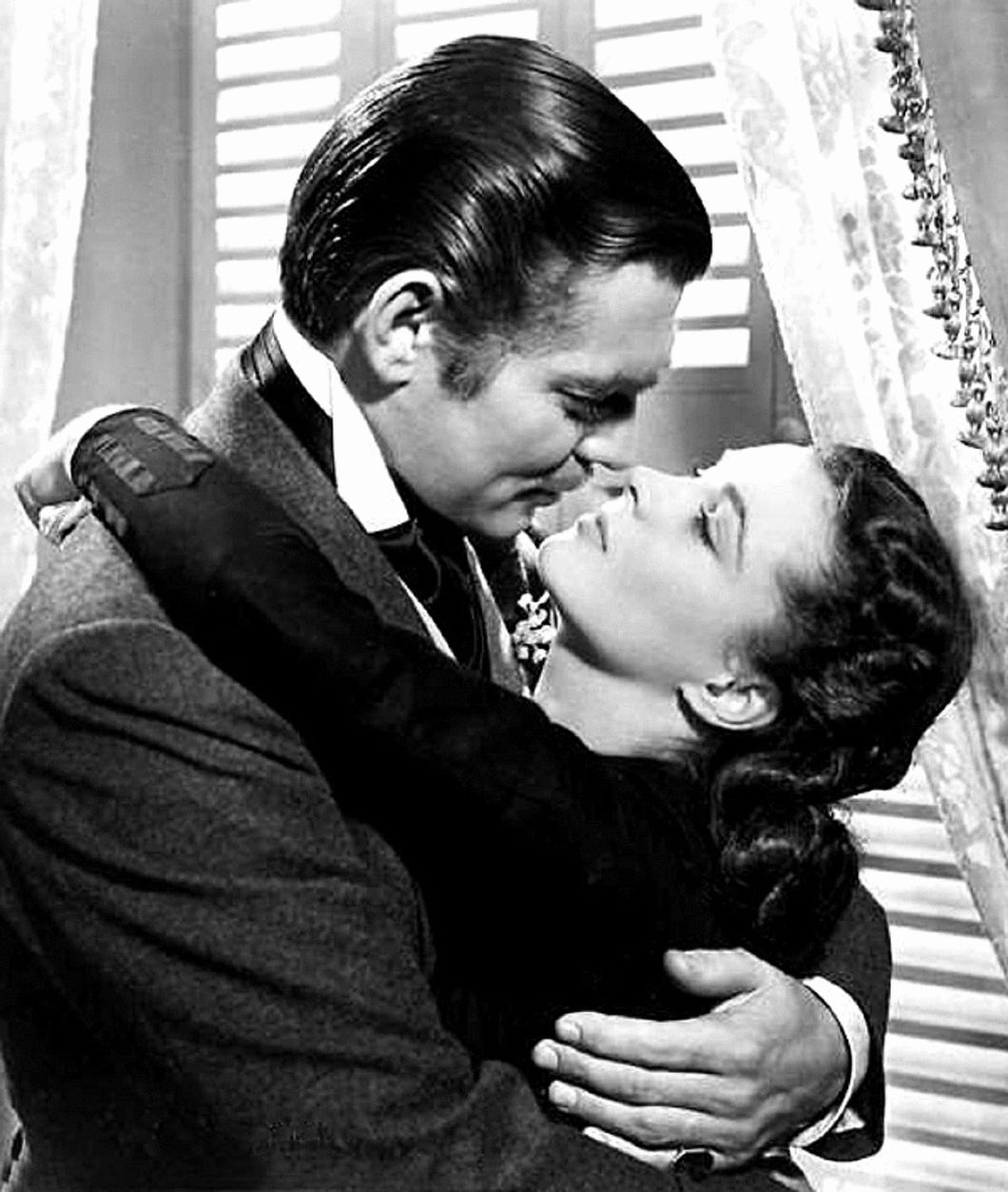In modern-day filmography, high-tech computer graphics and state of the art cameras movies can feel as realistic as the events of the screen unfolding out in the physical world, right before your eyes. It can transport you to Manhattan while your life is being threatened as the island becomes the Avengers' collateral damage, or to outer space — again, as your life is threatened as Sandra Bullock attempts to survive deep into space.
That transcendent realism of recent films can completely alter the feelings that a movie produces in some of the best ways, creating an astounding sense of escapism. But, despite the vérité that many of these modern films possess, somehow I find myself increasingly drawn toward the old. No computers. No perfect camera quality. No larger-than-life mise en scéne. No vivid colors — no colors at all.
Unlike the films of today, designed to create a bridge of inclusivity between the moviegoer and the world of the movie, black and white films are intrinsically noninclusive; the monochromatic filming sets an indissoluble difference between the movie world and the real world.
What I love the most about black and white films, though, is that it transcends the dichotomy of real and imaginative. Through its separation from reality, it achieves some of the most honest stories I've ever known.
There is no realism: no vibrancy, the plants are plastic, Charles Foster Kane's castle is nowhere as grand as Citizen Kane would have you believe.
What is left is, simply, a story.
A story with characters talking too fast in those Old Hollywood accents for a normal brain to fully comprehend the first time and music that can change the entire tone of the scene - music that can make you cry when you thought you were watching an upbeat movie.
Through this simplicity, we are forced to look into the glisten of Ingrid Bergman's eyes in Casablanca. We sense her pain before we hear about it. Thus, we experience that pain alongside her, and somehow that one glisten -- that one yearning to hear a song -- strikes a chord in me that is more profound than a goodbye kiss or some quote-worthy dialogue.
I think we tend to get caught up in the theatrics of movies. We see the elaborate and expensive productions of today and falsely equate that with a good movie. But, the quality of a film lies in the effect it has on you come closing credits.
Films of the black-and-white era deconstruct the movie, allowing the story to touch your heart rather than your eyes. Its simplicity allows the viewer to notice the subtleties with ease, getting into the true realism of black and white.
This concept may seem unnecessary — we watch movies for entertainment on a stormy night, an excuse to eat popcorn and drink an Icee. It's not hard to understand the general happenings of a movie regardless of release date or film style — given at least 75% attentiveness.
And that may be true, but, perhaps, if we did pay more attention to the minute details — to the gentle touches and vocal inflections— we would learn more from a movie than its mere plot, and, I think, that's what art is all about.



















